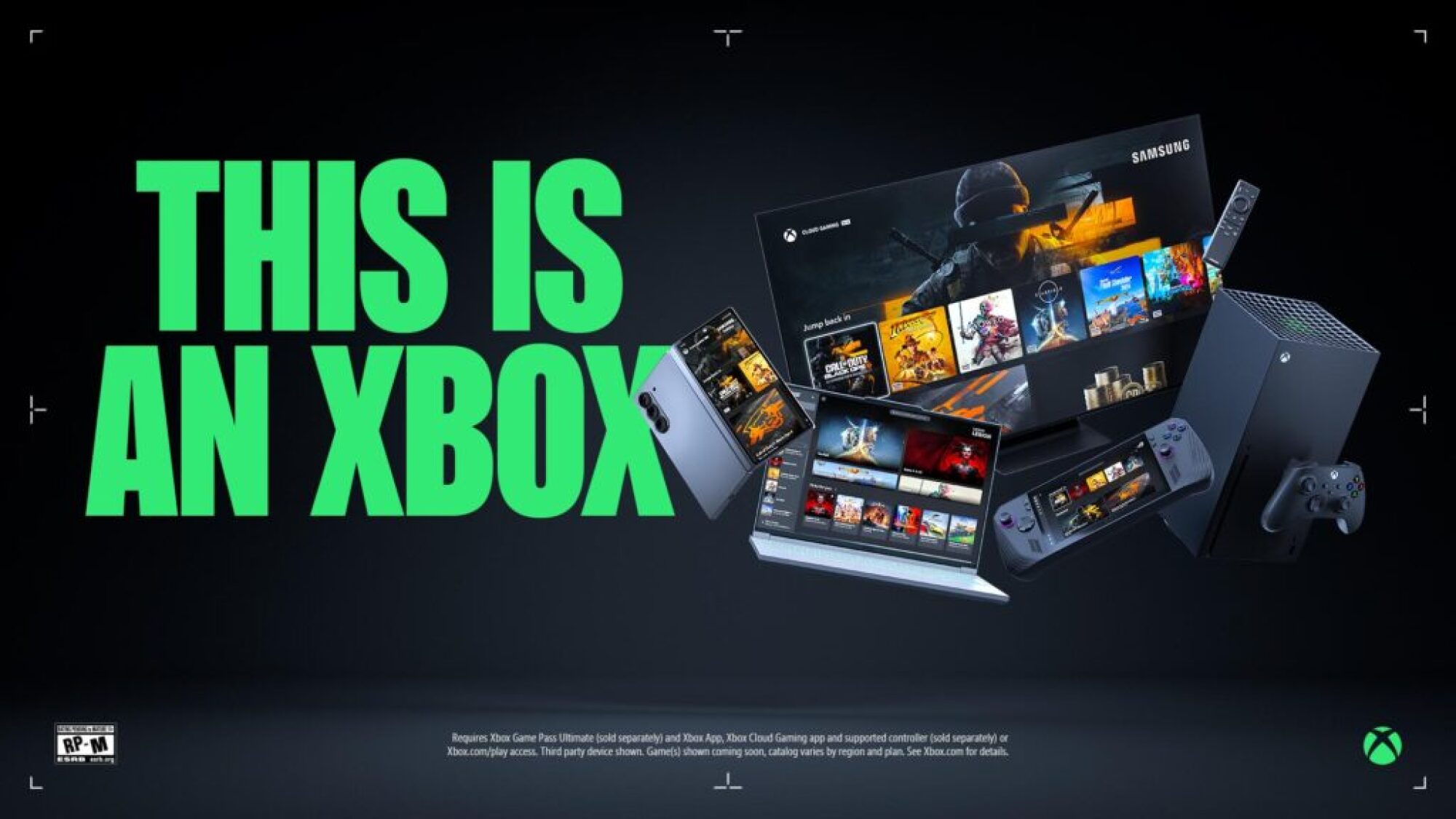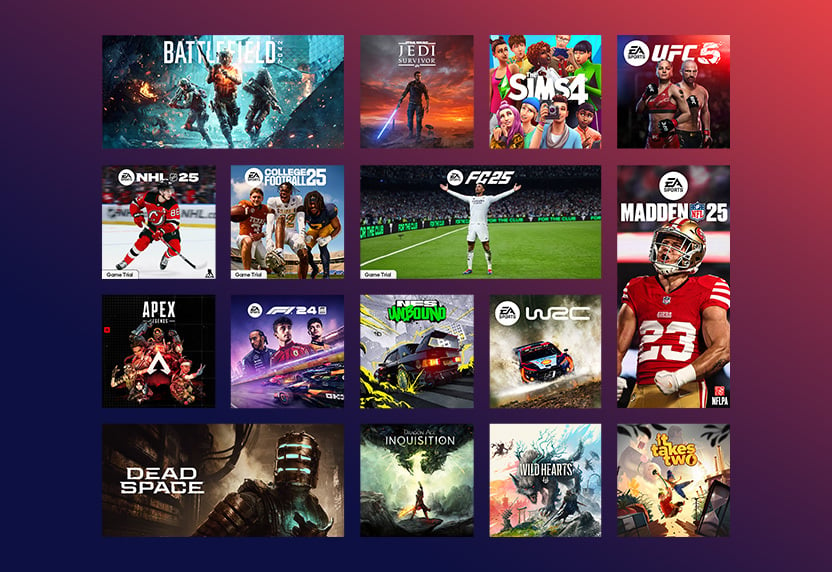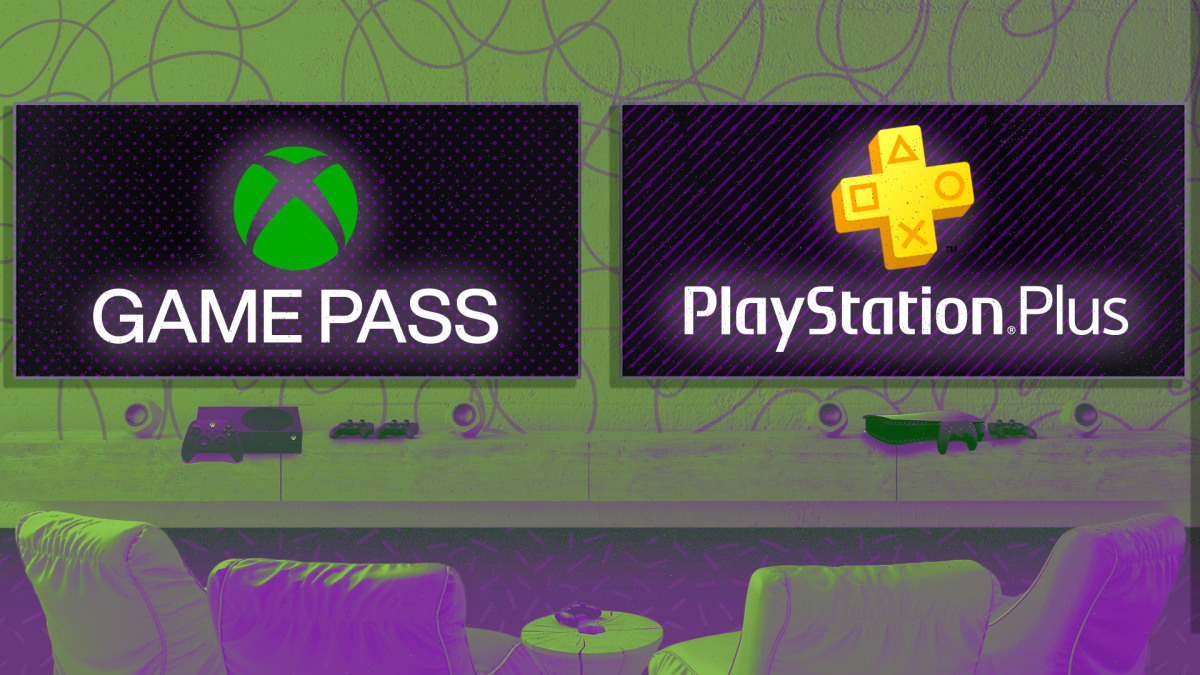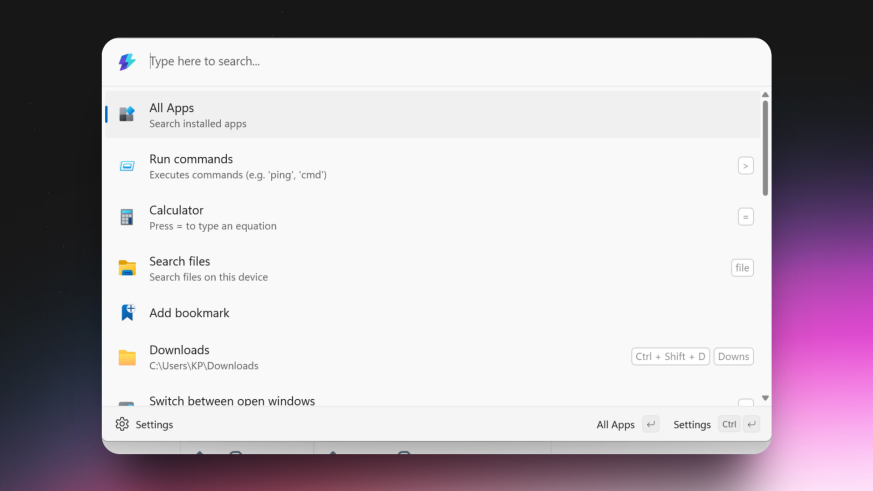## Tired of Picking and Choosing Games?
Your wallet’s crying, your backlog is a mountain range, and the allure of the next big release is pulling you in. Sound familiar? We’re all gamers, we’ve all been there. But what if you could unlock a library of hundreds of games, from indie darlings to AAA blockbusters, for a single monthly fee? That’s the promise of gaming subscription services, and the two titans vying for your attention are Xbox Game Pass and PlayStation Plus.

PC Gaming
Microsoft’s Strong PC Integration vs. Sony’s Limited Offer

One of the most significant distinctions between Xbox Game Pass and PlayStation Plus lies in their PC gaming offerings. Microsoft, with its deep roots in the PC gaming market through Windows, has seamlessly integrated Game Pass into its ecosystem. Gamestanza readers already know that Game Pass for PC provides access to a vast library of titles available for download and play directly on your computer. This integration extends beyond just the library; features like cloud saves, cross-platform play, and achievements sync across your devices, making for a truly unified experience.
Sony, on the other hand, has taken a more cautious approach to PC gaming. While PlayStation Plus now offers a PC app, the selection of games available is more limited compared to Game Pass for PC. Additionally, features like cross-platform play and cloud saves are not yet fully integrated, creating a less cohesive experience for PC gamers.

Cloud Gaming
The Future of Accessibility – A Look at Mobile and Streaming Options
Both Xbox Game Pass and PlayStation Plus are venturing into the realm of cloud gaming, recognizing its potential to democratize access to high-quality gaming experiences. Gamestanza readers, always looking for innovative ways to play, will be interested to know that Xbox Cloud Gaming, powered by Azure, allows you to stream games directly to your mobile device, web browser, or even select smart TVs.
PlayStation Plus also offers cloud streaming for select titles, but its availability is currently restricted to PlayStation consoles and the newly launched PlayStation Portal handheld. This limited reach compared to Xbox Cloud Gaming’s wider accessibility hinders PlayStation Plus’s cloud gaming potential, at least for now.

Publisher Partnerships: Shaping the Library’s Future
Microsoft’s Xbox Game Studios: Internal Powerhouse for Exclusive Content
One of Game Pass’s strengths lies in its strong relationship with Microsoft’s own first-party studios, such as Xbox Game Studios. Gamestanza readers will recall that new releases from these studios, like Halo Infinite and Forza Horizon 5, often launch directly on Game Pass, providing subscribers with immediate access to highly anticipated titles.
This strategy helps bolster Game Pass’s appeal and showcases the value proposition of a subscription service.

Sony’s First-Party Titles: The Importance of PlayStation Exclusives
Sony, on the other hand, has traditionally relied heavily on its prestigious lineup of PlayStation exclusives to drive sales and brand loyalty. Games like God of War, Spider-Man, and The Last of Us are cornerstones of the PlayStation ecosystem and are often considered major selling points for the console.
While Sony has begun to experiment with releasing certain first-party titles on PC, the majority remain exclusive to PlayStation platforms. This focus on exclusives helps Sony maintain a unique competitive edge but limits the accessibility of its flagship titles to a wider audience.
Third-Party Relationships: Which Service Acquires More High-Profile Titles?
Both Xbox Game Pass and PlayStation Plus compete for third-party publisher partnerships to bolster their library offerings. While both services have secured various deals, Microsoft’s Game Pass has arguably made more significant strides in attracting high-profile third-party titles.
Gamestanza readers will remember recent additions like EA Play, a subscription service offering access to a wide range of EA titles, further expanding the Game Pass library. This aggressive approach to securing third-party deals has helped Game Pass establish a more comprehensive and diverse game library.
The Verdict: Which Service Reigns Supreme?
Tailoring Your Choice: Identifying the Best Fit for Your Gaming Habits
Ultimately, the “better” subscription service depends on individual gaming habits and preferences. For PC gamers seeking a vast library of downloadable and playable titles, Xbox Game Pass for PC is an exceptional value. Players who prioritize cloud gaming accessibility and want to stream games across multiple devices will find Xbox Cloud Gaming to be a compelling option.
Gamestanza readers who are die-hard fans of PlayStation exclusives and prefer to play on a console, PlayStation Plus remains a solid choice, though its PC offering is still more limited. Both services offer excellent value propositions, but understanding your gaming needs and priorities is crucial for making the best decision.
Future Outlook: Predictions and Trends for the Gaming Subscription Landscape
The gaming subscription landscape is constantly evolving, with new entrants and innovations emerging regularly. Gamestanza anticipates that both Xbox Game Pass and PlayStation Plus will continue to refine their offerings, expanding their libraries, improving cloud gaming capabilities, and exploring new partnerships.
As technology advances, we can expect to see more immersive cloud gaming experiences, personalized recommendations, and potentially even integration with other entertainment services like streaming platforms. The future of gaming is subscription-based, and these two titans will undoubtedly continue to shape the industry for years to come.
Conclusion
So, which gaming subscription reigns supreme? The debate between Xbox Game Pass and PlayStation Plus is far from settled, and ultimately, the “better” service depends entirely on your individual gaming needs and preferences. We delved into the pros and cons of each platform, highlighting Game Pass’s expansive library and value proposition, while acknowledging PlayStation Plus’s strengths in online multiplayer and exclusive free games. The implications of this ongoing battle are significant for the future of gaming. Both subscription services are driving a shift towards a more accessible and flexible model, making high-quality gaming experiences attainable for a wider audience. This competition fuels innovation, pushing both Xbox and PlayStation to constantly evolve and offer even more enticing packages. As these services continue to grow and diversify, one thing is certain: gamers are the ultimate winners, enjoying greater choice, value, and a constant stream of fresh content. The question isn’t just which service is better, but rather, how will these evolving landscapes shape the future of gaming itself?
